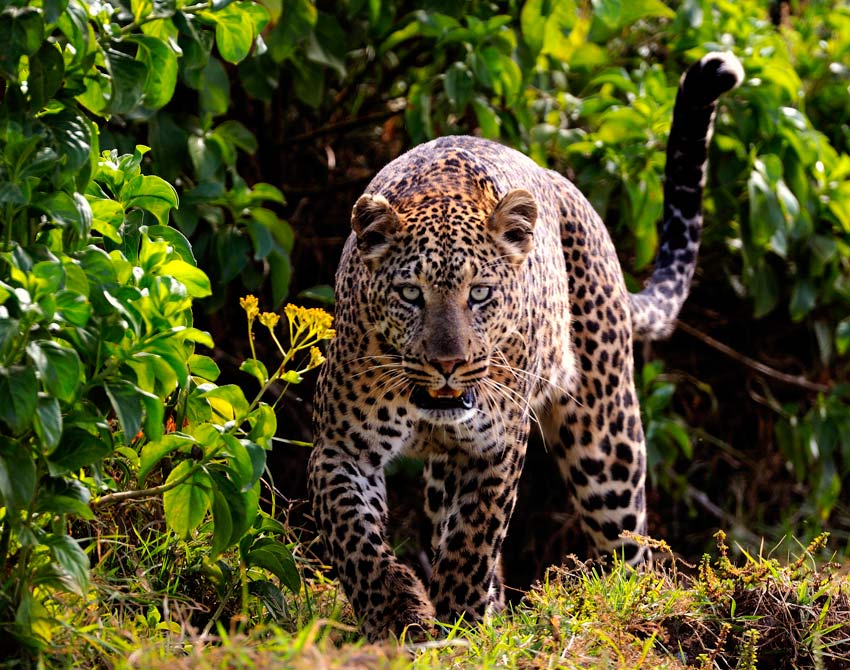A major migration has disappeared from the savanna: the horde of tourists driving a billion-dollar tourism industry that employs millions and is essential to wildlife conservation in many African countries.

One has traversed it for millennia: Millions of wildebeest, zebras and gazelles follow billowing rain clouds in search of new grazing grounds. The other horde descends upon the first in open-air safari jeeps, zoom-lens cameras at the ready, coolers tucked between the seats filled with snacks and prosecco.
Coronavirus travel restrictions mean the humans have suddenly vanished, and along with them a billion-dollar tourism industry that employs millions and underpins a symbiotic human-wildlife ecosystem — the private conservancy — that is essential to wildlife conservation in many African countries.
Conservancies constitute more than 11 percent of Kenya’s land, more than national parks. The model is simple: Community shareholders, mostly cattle herders, receive tourism revenue from wildlife safaris as compensation for lost grazing land, and salaried jobs proliferate at new hotels and for rangers. Wildlife becomes more valuable alive than dead, disincentivizing poaching.
Now, with tourism revenue nearly zeroed out, most workers at Kenya’s 167 community-owned conservancies are furloughed, and payouts to nearly 1 million shareholders have been reduced or suspended entirely. Communities are considering a return to grazing, jeopardizing decades of wildlife conservation efforts across the continent’s vast grasslands.
Continue reading from the source



